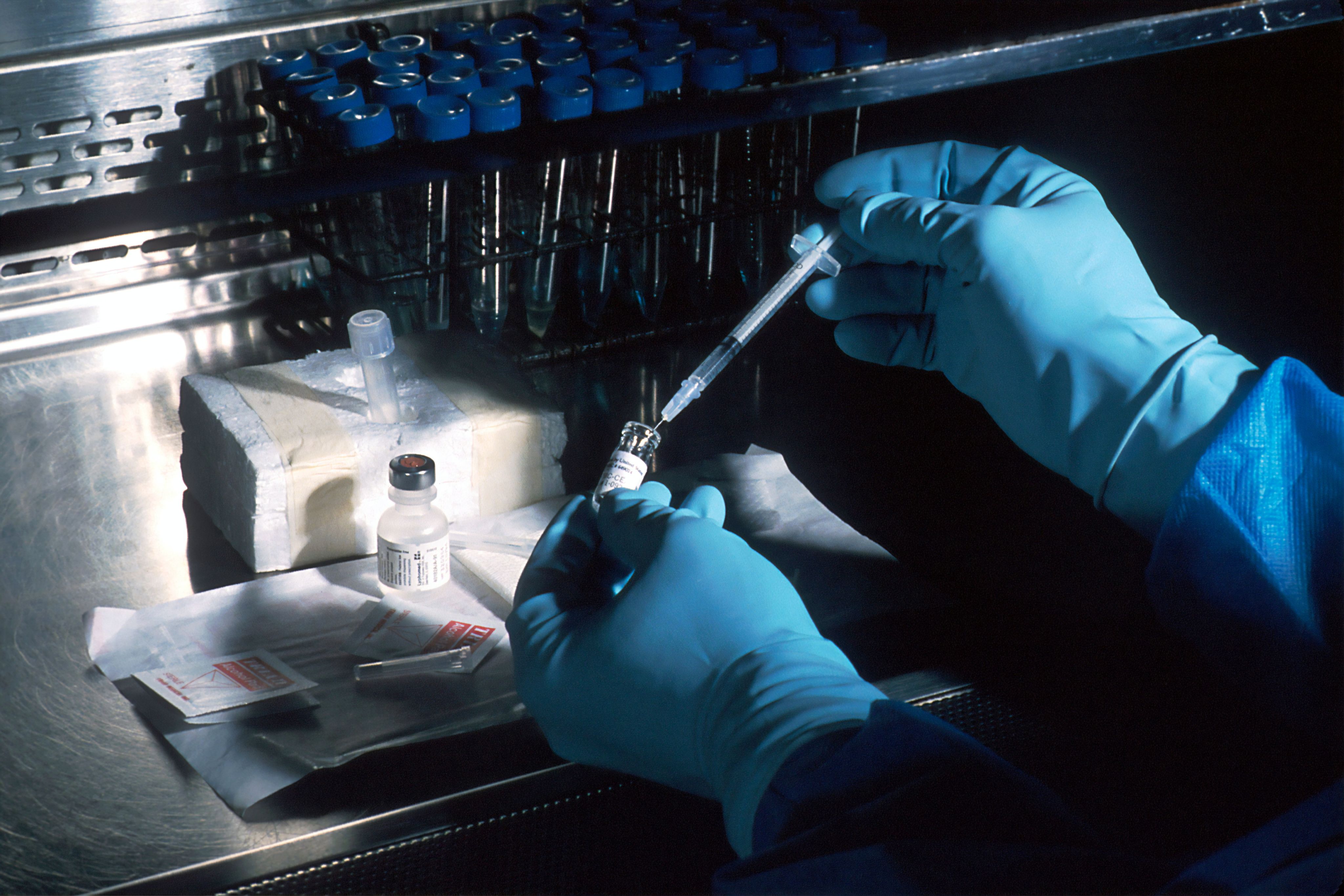Forensic Lawyers

If you have watched CSI, then you’d have a rough idea of what forensic investigators do. Forensic investigators, sometimes known as crime scene analysts, are employed to collect, identify, classify and analyse physical evidence from crime scenes.
However, it is more than a crime scene investigation, as forensics itself branches out to various types of forensics, each for their respective purposes or different crimes. Forensics is an intercept of science and law, providing the new tools and methodologies to discover the truth of a case. Ultimately, the goal of forensics is to prove or disprove the offence and to find the real perpetrator of the crime.

Forensic lawyers play an important role in providing a connection between the law and forensic science. Those who work in this position are responsible for offering support to court cases based on their studies of forensic evidence. Understanding what a forensic lawyer is can help you decide if you want to pursue this career path.

What is a forensic lawyer?
As a forensic lawyer, you will harnesses your understanding of forensic science to advocate for individuals or organisations in courtroom disputes. Your role often involves conducting scientific examinations of legal cases, leveraging evidence to bolster your arguments.
You're tasked with gathering evidence from crime scenes, which can encompass substances, impressions, chemicals, objects, and bodily tissues. Additionally, you're responsible for communicating with the involved parties and interpreting laws, regulations, and rulings to provide counsel to your clients.
Your expertise may span various disciplines including biology, chemistry, medicine, business, physics, computer science, geology, and psychology.

What does a forensics lawyer do?
There are several key responsibilities:
- Advising your clients on your legal situations
- Representing clients in court
- Applying forensic science principles to specific cases
- Gathering evidence like tissue samples and substances from crime scenes
- Analysing different types of scientific evidence
- Researching laws that apply to your cases
- Working with investigators to understand event sequences

What are some essential skills for a forensic lawyer?
- Communication: It's important to have excellent skills in communication to represent your clients in legal cases. These skills also help you convey essential information from your forensic studies to those with less technical knowledge.
- Writing: You will rely on your writing skills to help you draft and edit legal documents. You can use this skill to ensure the accuracy of your writing and correct any mistakes in format, spelling or grammar.
- Attention to detail: It's beneficial for a forensic lawyer to have superior attention to detail when examining evidence. This allows you to make accurate conclusions from your research and identify any abnormalities with evidence.
- Empathy: Because forensic lawyers usually help clients facing difficult problems, you need empathy to understand their situations. This allows you to communicate with your clients using kindness and patience.
- Integrity: You must have integrity to gain the trust of your clients. This skill also helps ensure that you follow all ethical and legal guidelines when managing your cases, such as confidentiality rules and courtroom guidelines.
- Self-control: You may encounter upsetting situations, such as viewing crime scenes or working with the deceased. Therefore, it's important to have self-control and remain calm and professional in these circumstances.
- Organisation: You may manage several cases at once, so it's often beneficial to have excellent organizational skills. This allows you to keep track of which documents and evidence belong to which cases.
- Research: You typically use research skills to stay up to date with information about laws and court rulings, and to interpret complex cases or regulations.

What is my pathway?
Aspiring forensic lawyers like yourself typically kickstart their journey with a bachelor's degree in forensic science. Your undergraduate coursework delves into essential subjects such as anatomy, clinical microbiology, criminal investigation, and bloodstain evidence. This foundational knowledge obtained during your undergraduate studies serves as a stepping stone for law school.
After completing your undergraduate degree, you'll embark on the pursuit of a law degree. This typically entails a three-year programme following your bachelor's degree, culminating in graduation upon passing the bar examination. With your law degree in hand, you'll be prepared to practice law in courtroom settings, utilizing your understanding of forensic science.
Furthermore, certain positions within the field of forensic law may require specialized certifications. These certifications validate your expertise in applying forensic science principles to legal contexts. By obtaining such certifications, you distinguish yourself within your field, potentially opening up additional employment opportunities.

